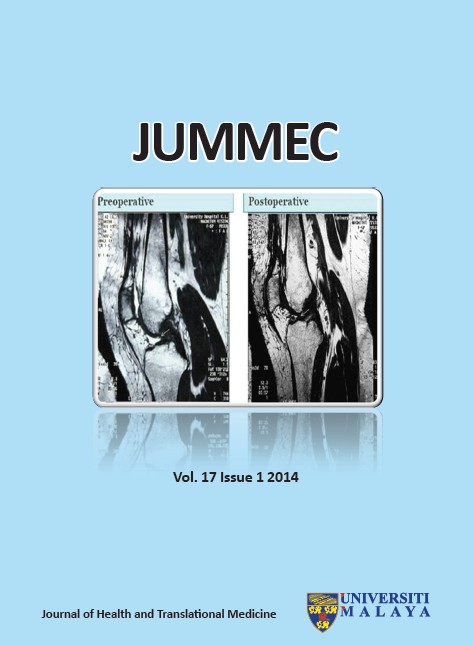NET CHARGE, HYDROPHOBICITY AND SPECIFIC AMINO ACIDS CONTRIBUTE TO THE ACTIVITY OF ANTIMICROBIAL PEPTIDES
Abstract
Antimicrobial peptides (AMPs) have gained increasing attention as a potential candidate in the development of novel antimicrobial agent. Designing AMPs with enhanced antimicrobial activity while reducing the cell toxicity level is desired especially against the antibiotic-resistant microbes. Various approaches towards the design of AMPs have been described and physicochemical properties of AMPs represent the primary factors determining the antimicrobial potency of AMPs. The most common parameters include net charge and hydrophobicity, which greatly influence the antimicrobial activity of AMPs. Moreover, certain amino acids would have critical importance in affecting the antimicrobial activity as well as cell cytotoxicity of AMPS. In this review, net charge, hydrophobicity, and specific amino acid residues were discussed as factors contributing to the antimicrobial activity of AMPs.
Downloads
Downloads
Published
Issue
Section
License
All authors agree that the article, if editorially accepted for publication, shall be licensed under the Creative Commons Attribution License 4.0 to allow others to freely access, copy and use research provided the author is correctly attributed, unless otherwise stated. All articles are available online without charge or other barriers to access. However, anyone wishing to reproduce large quantities of an article (250+) should inform the publisher. Any opinion expressed in the articles are those of the authors and do not reflect that of the University of Malaya, 50603 Kuala Lumpur, Malaysia.


